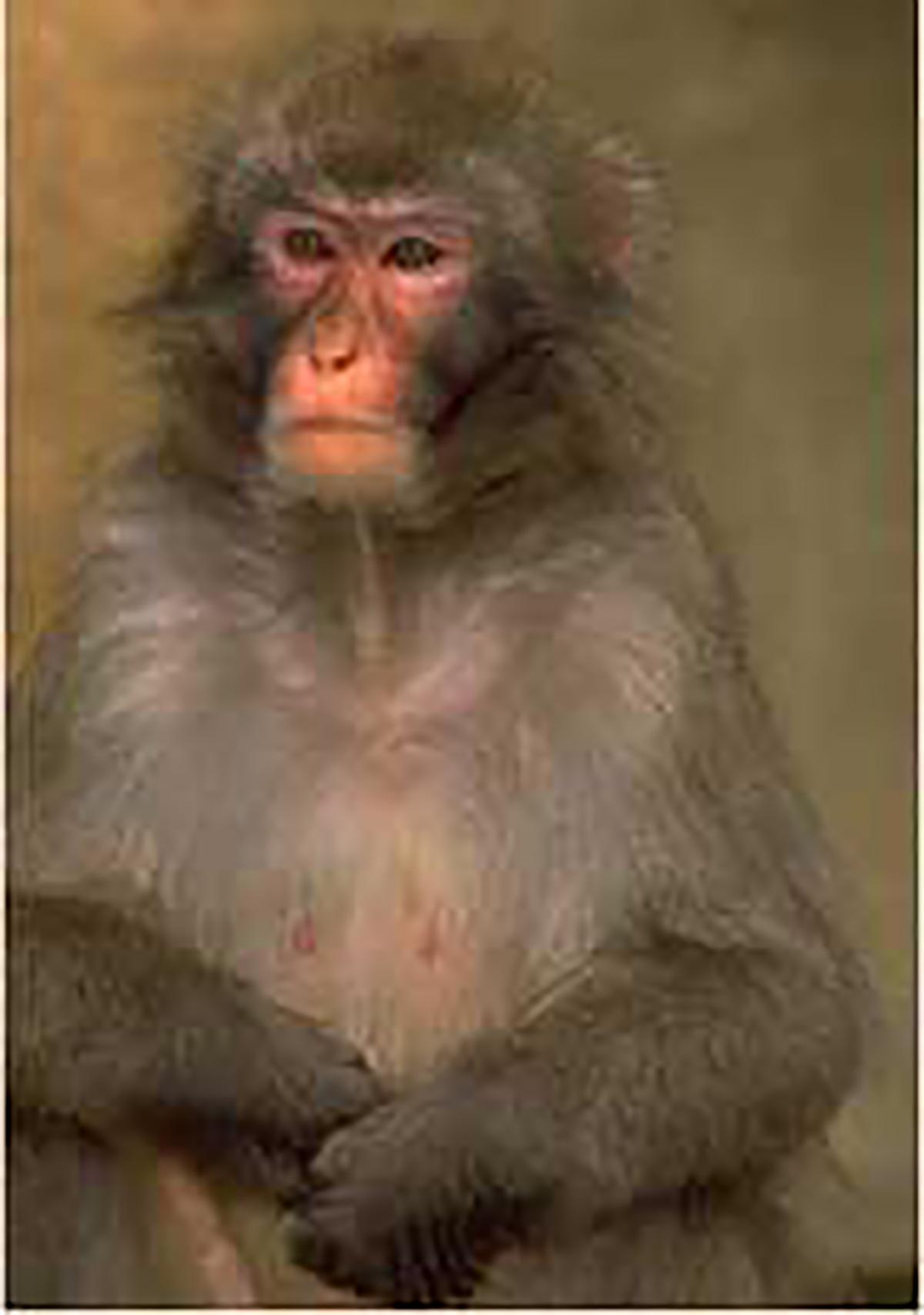
Non-human primates pose special zoonotic risks as many of their diseases are often transmissible to humans and can be a serious health hazard. Although there are a number of NHP viruses that can cause disease in humans, monkeys of the genus Macaque, or their unfixed tissues, can carry the virus Cercopithecine herpesvirus 1 (other terms used: Herpes B-virus, Herpesvirus simiae, or simply B-virus). B-virus is frequently carried by Rhesus and Cynomologus macaques. It can cause fatal encephalitis in humans. Exposure to the blood of these species is considered low risk because the virus is not found in the blood. It is most commonly found in body fluids associated with mucous membranes. All fatal human cases have been associated with exposure from rhesus macaques.
Work with any NHP cells or unfixed tissues must be registered with ESSR, and lab personnel must be trained in the safety procedures required for handling NHP material prior to beginning the research. Sharps use with these materials should be eliminated or restricted.
If you work with non-human primate unfixed cells or tissues, please review the post exposure plan for Herpes B virus. For more information on exposure prevention, post-exposure procedures, and safe work with non-human primate cells and tissues, please visit the CDC’s website on B
Virus (herpes B, monkey B virus, herpesvirus simiae, and herpesvirus B).
